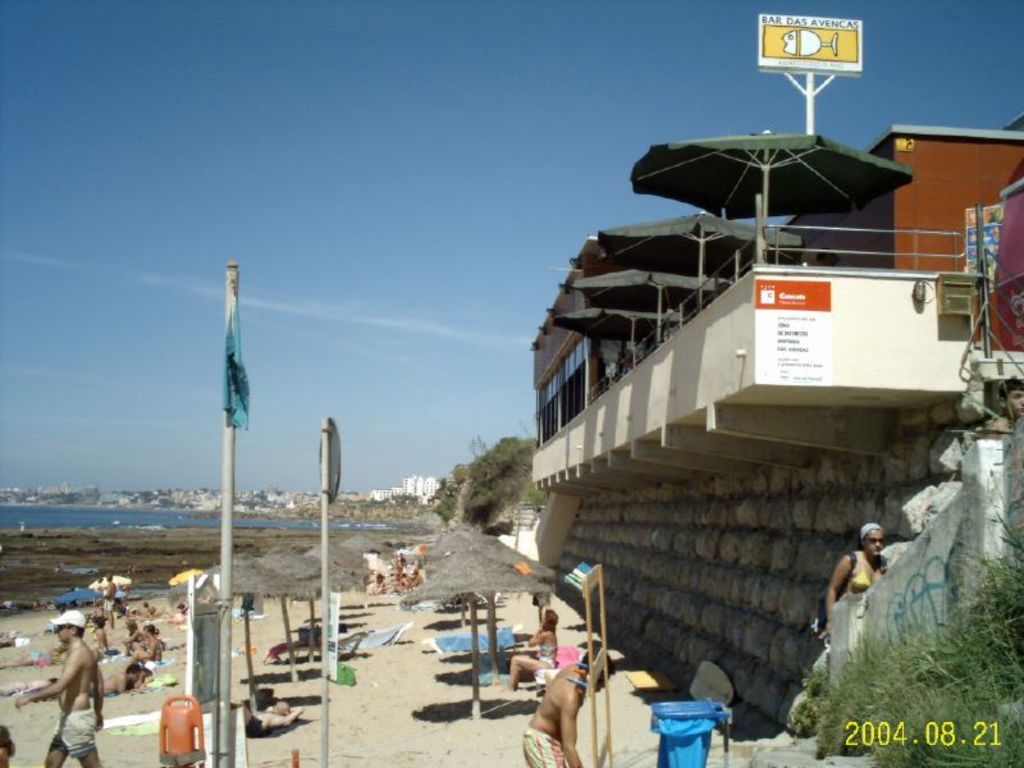Germany Plans Significant Increase in Investments with a Special Fund
Klingbeil unveils substantial hikes in financial commitments
Berlin - Federal Finance Minister Lars Klingbeil has called for a substantial increase in public investments this year, with a goal of reaching approximately 110 billion euros, according to a report by the German press agency (dpa). This jump from the 75 billion euros invested in 2024 is financed through the core budget, a massive special fund, and the Climate and Transformation Fund (KTF).
In a statement in Berlin, Klingbeil underlined the need for these investments, arguing that they would result in tangible improvements for hardworking citizens. He emphasized a ten percent investment quota in the core budget, with investments from the special fund and the KTF reflecting the additional nature of these investments when this quota is met.
However, the Green Party has renewed its criticism, stating that the special fund may be used to fill budgetary gaps rather than providing new investments. The Greens originally insisted on the additional nature of these investments when the special fund was approved.
Klingbeil also announced comprehensive structural reforms, but economic associations have raised concerns about the efficiency of planning and approval procedures. The federal government aims to increase investments by almost 50 percent compared to 2024 by 2025, and it is anticipated that 150 billion euros will be provided from the special fund by 2029.
The special fund, worth 500 billion euros, was established for additional investments in infrastructure and climate protection. The budget should continue to be "strictly" consolidated, with the cabinet set to adopt the draft budget on June 25.
The Climate and Transformation Fund finances projects contributing to climate neutrality, but a ruling by the Federal Constitutional Court has created gaps in the fund. The fund is intended to be bolstered with ten billion euros per year, but the government plans to prevent funds from the KTF flowing into the core budget to close those gaps.
The government has also taken measures to reduce "global underspending" in the fund, which assumes that funds from the fund will not be spent. This move aims to prevent the suspension of funding programs due to a lack of available funds.
While Klingbeil's announcement of increased investments was met with controversy by the Green Party, the Left criticized the investment plans as insufficient for housing, healthcare, and education. The Greens have also expressed concerns about budgetary shuffles, while the Left labeled the investment plans as a "bait and switch."
Other News
- Education Fair in Hamm: Nearly fully booked
- Police seek witnesses after stabbing in Hamm: Investigations ongoing
- Threatening letters sent to schools in Hamm: Authorities appeal for information on potential suspects
The announced increase in investments by the German government, primarily driven by a substantial special fund, is intended for business sectors such as infrastructure and climate protection. However, the Green Party has raised concerns that the special fund may be used to fill budgetary gaps rather than providing new investments.
In a bid to ensure the adequate flow of funds in the Climate and Transformation Fund, the government has taken measures to reduce global underspending and prevent budgetary shuffles. This move aims to prevent the suspension of funding programs due to a lack of available funds.





